In 1921, in the capital Paris, leader Nguyen Ai Quoc and comrades from French colonies such as Algeria, Tunisia, Morocco... founded the Union of Colonial Peoples. The purpose of the association was to gather forces and unify the actions of the people of the colonies against imperialism and for national liberation. To build a forum and create a new form of struggle for the people, in early February 1922, leader Nguyen Ai Quoc and his comrades decided to establish the newspaper Le Paria - the mouthpiece of the Union of Colonial Peoples. Leader Nguyen Ai Quoc was one of the founders of the newspaper, serving as editor-in-chief, managing the treasury, publishing and selling the newspaper... Regarding the name of the newspaper, leader Nguyen Ai Quoc explained: "Paria is originally an Indian word used to refer to people who have lost all religious and social rights. In a broader sense, the French use it to refer to the poor".
The newspaper's headquarters was located at 16 Jacques Calot Street, then moved to Marché des Patriarches Street, 6th arrondissement of Paris, which was also the headquarters of the Union of Colonial Peoples. The motto of Le Paria was "a weapon of war with the mission of liberating people". In the first issue (April 1, 1922) welcoming readers, the newspaper wrote: "In the history of the native masses of French colonies, there has never been a newspaper established to cry out their suffering and poverty, regardless of country and race". The newspaper was printed on 36x50cm paper with the newspaper's name spanning the entire page, using 3 languages. In the middle, the most prominent was written in French, Arabic on the left and Chinese on the right, translated as "Labor Newspaper". Below the newspaper's name was the French headline "Forum of the Colonial Peoples", later changed to "Forum of the Colonial Proletariat", "Organism of the Oppressed Peoples in the Colonies" and finally "Organism of the Union of Colonial Peoples".
The newspaper was published monthly, each issue printed from 2 to 4 pages. There were some issues published fortnightly, 3 times double issues. The number of copies ranged from 1,000 to 5,000. Due to limited finances, the main tasks were to pay the salaries of managers with French nationality, print the newspaper, rent the headquarters, everything else was taken care of by Nguyen Ai Quoc and his comrades. Although the newspaper existed for 4 years (April 1922 - April 1926) with 38 issues, it had a great influence on French public opinion and the patriotic movement in the colonies. It is worth mentioning that the newspaper published in the capital Paris was a blow to the French colonialism, and was banned by the government from bringing the newspaper to the colonies. At that time, in Indochina, anyone who read Le Paria - The Miserable was arrested. To transport the newspaper to the colonies, Nguyen Ai Quoc and his colleagues sent it by public post , or through sailors and natives.
Despite the ban of the French authorities, the newspaper had a place to live to carry out its purpose and principles. In Le Paria, Nguyen Ai Quoc wrote the most articles in many genres, such as: News, commentary, editorials, short stories, translations, skits, paintings, sketches... His articles not only exposed the policy of oppression and exploitation to the bone marrow of French colonialism against the people of Vietnam and Indochina, but also pointed out the ugly, ridiculous face of colonialism against the people of the colonies. It can be said that the press became a sharp weapon for him to use and promote its great effectiveness, combined with his other activities against all enemies of the nation and class, awakening and mobilizing the masses to stand up and contribute to the liberation struggle.
In addition to the newspaper Nguoi cung kho, Nguyen Ai Quoc also wrote articles for many French newspapers. Specifically, in the newspaper Nhan Dao, there were articles such as “The indigenous issue”, “The lament of Mrs. Trung Trac”, “The person who knows the smell of smoking”, “Vi hanh”... Particularly the article “Vi hanh” published on February 19, 1923, the author wrote that this was an excerpt from letters to his cousin which the author translated into Annamese (Vietnamese), but “the cousin” was just a fictional character to lead the story, and this article was written in French from the beginning. During this period, through the exploitation and oppression of the colonialists, Nguyen Ai Quoc wrote “The verdict of the French colonial regime”, stating real events and real people, using the technique of “beating the stick with the back of the owner” - quoting words written by French people as evidence. Through the short story, it became an investigative reportage that opened a new literature, and at the same time was an important historical document.
According to Lawyer Max Clainville Blonconrt, a native of Guadeloupe (an overseas province of France), a lawyer at the Paris Court of Appeal, an activist for the Human Rights League, and a member of the Colonial Research Committee: “Nguyen Ai Quoc contributed a lot to the newspaper Le Paria… All the articles and drawings signed by Nguyen Ai Quoc in the newspaper have a special color. That is the spirit of radical revolutionary struggle and the determination to fight against uncompromising colonialism. Looking at and reading those articles and drawings, one can clearly see that the author has a very proactive and very intelligent offensive spirit”…
Many journalism researchers affirm that the birth of Le Paria contributed significantly to the dissemination of Marxism-Leninism in Indochina and the colonies, awakening the oppressed and exploited people and was an important milestone in the national liberation movement in our country and the colonies. Through the "sharp tool" of journalism, leader Nguyen Ai Quoc served the revolutionary struggle of the nation, at the same time, encouraged the spirit of patriotism and struggle of the colonies. Through the spirit of journalism with humanistic values and journalistic ethics of Ho Chi Minh , generations of journalists today and tomorrow strive to learn.
NGUYEN HAO
Source: https://baoangiang.com.vn/lanh-tu-nguyen-ai-quoc-linh-hon-bao-nguoi-cung-kho-a422825.html


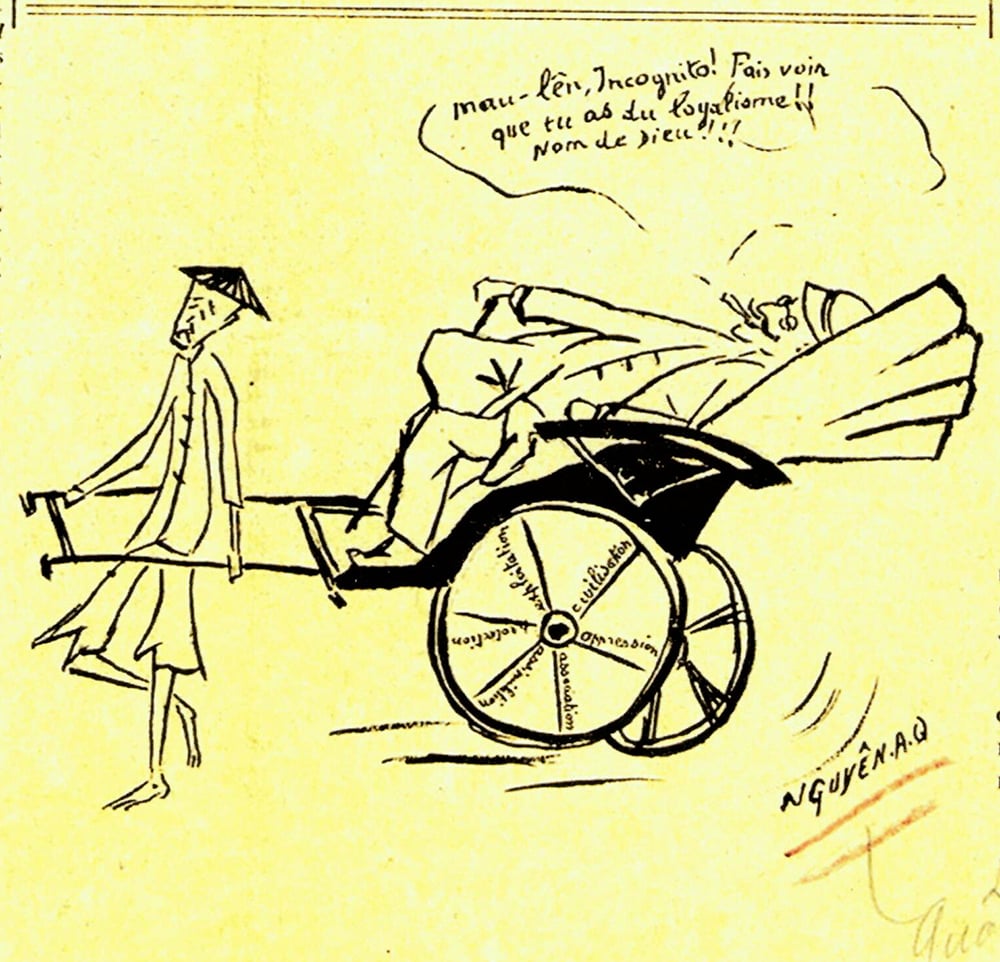












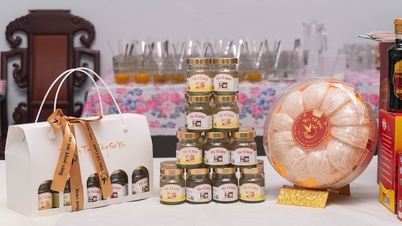

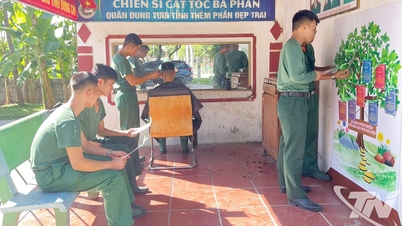





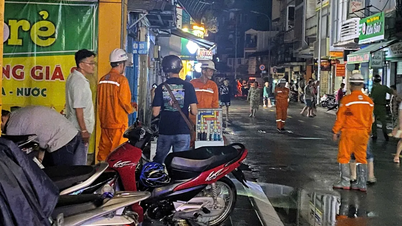

























![[Video] Hue Monuments reopen to welcome visitors](https://vphoto.vietnam.vn/thumb/402x226/vietnam/resource/IMAGE/2025/11/05/1762301089171_dung01-05-43-09still013-jpg.webp)































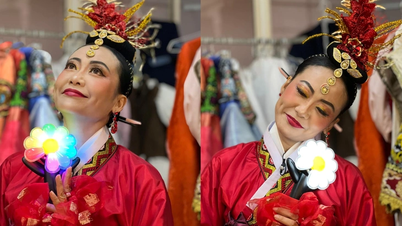










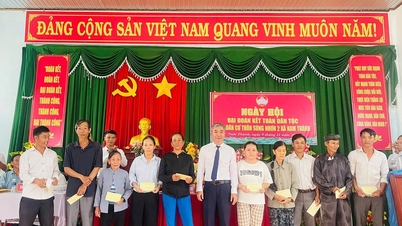


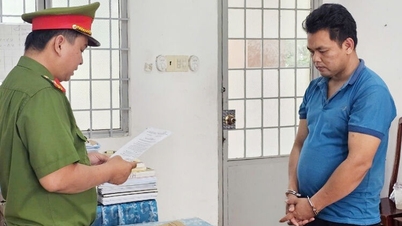
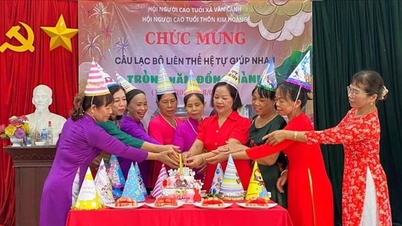




![Dong Nai OCOP transition: [Part 2] Opening new distribution channel](https://vphoto.vietnam.vn/thumb/402x226/vietnam/resource/IMAGE/2025/11/09/1762655780766_4613-anh-1_20240803100041-nongnghiep-154608.jpeg)









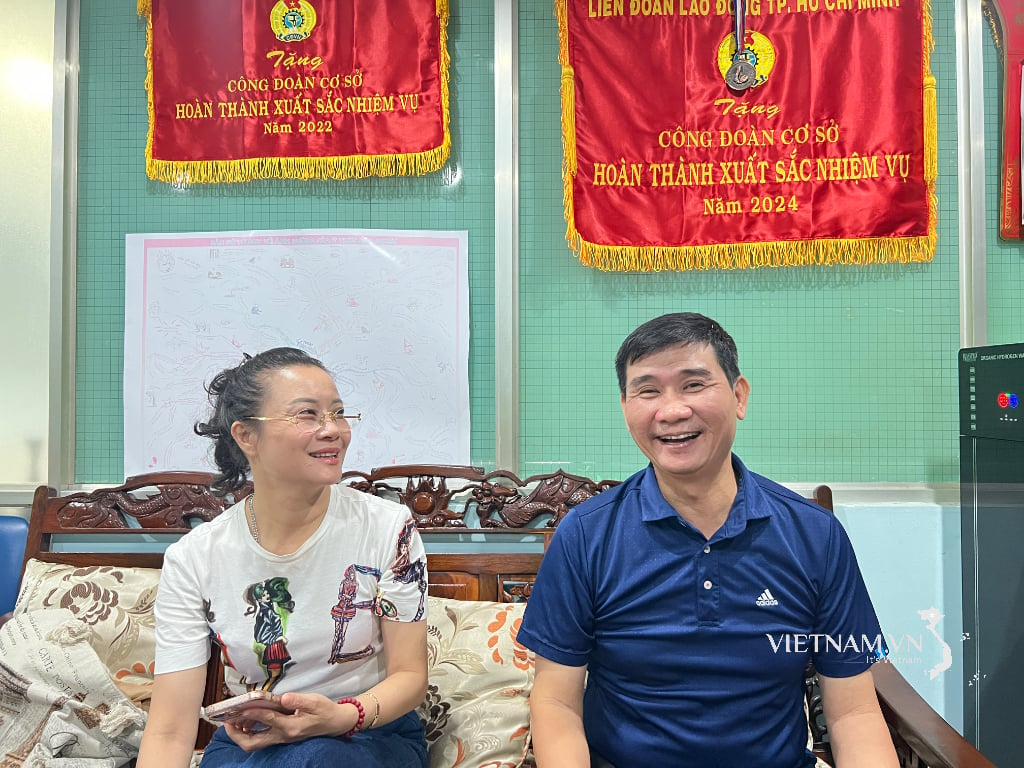



Comment (0)